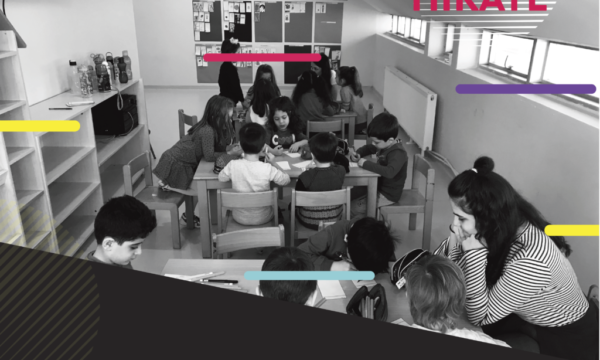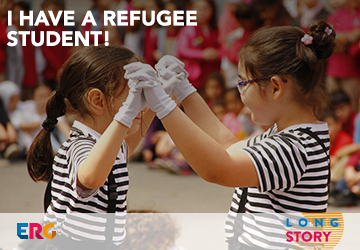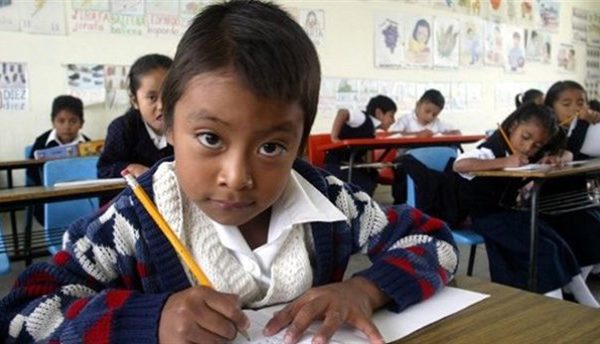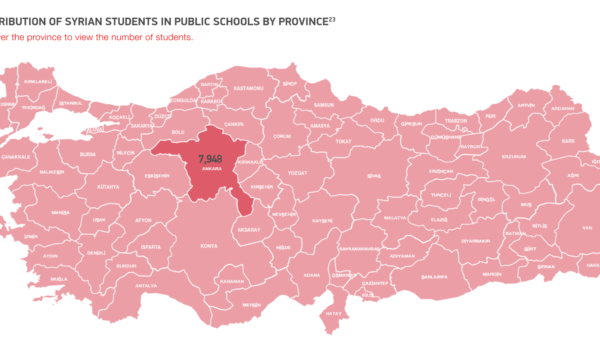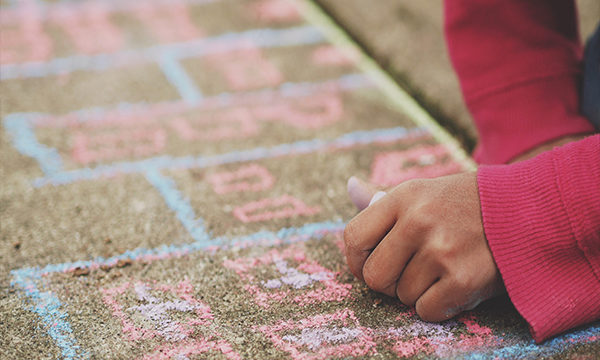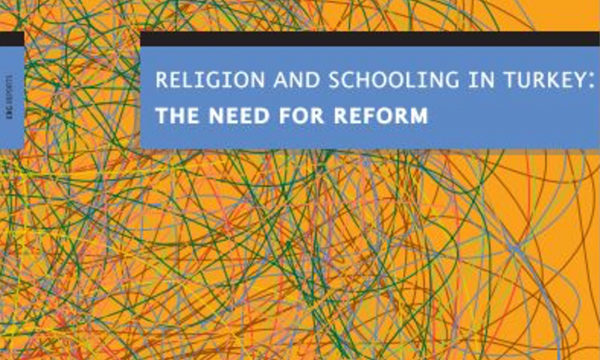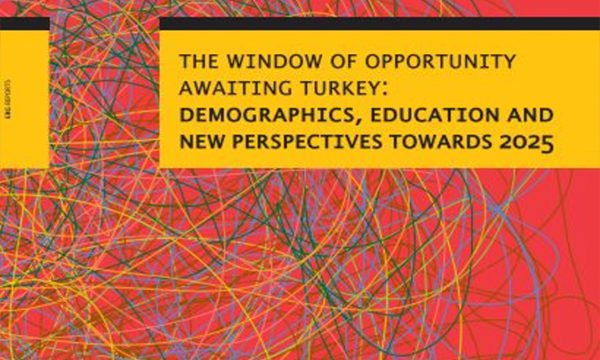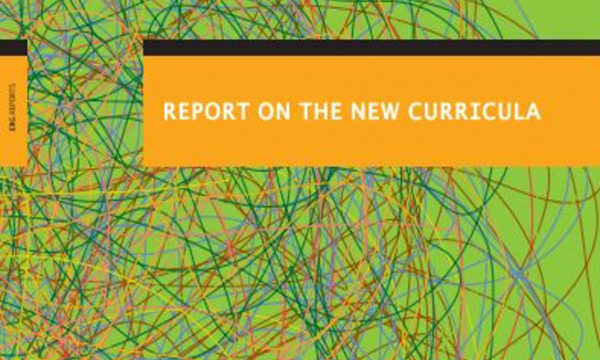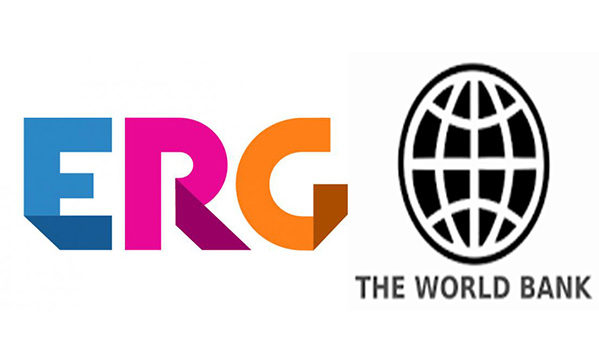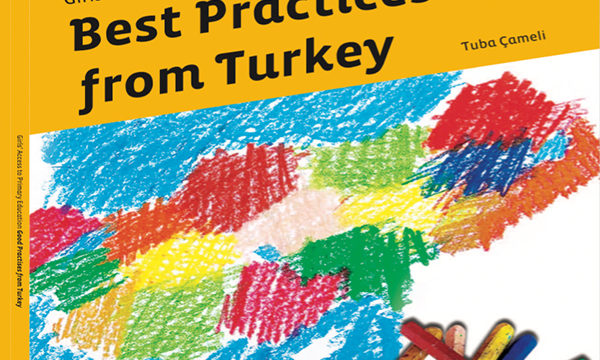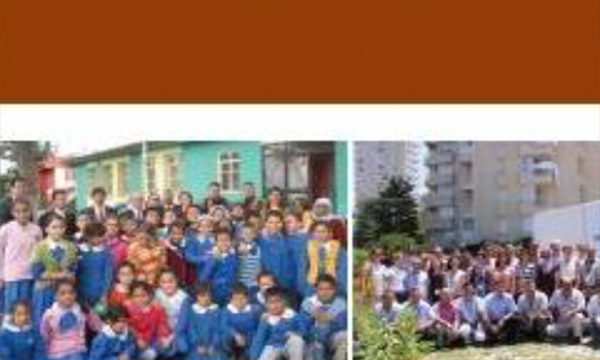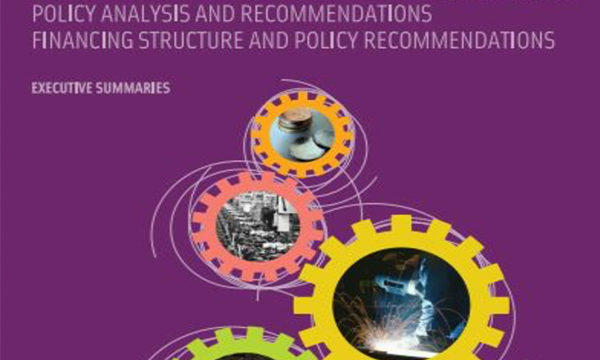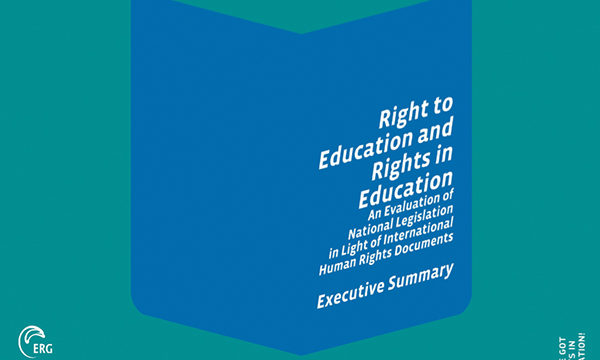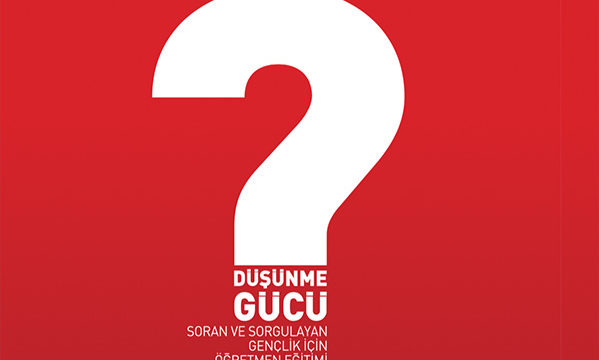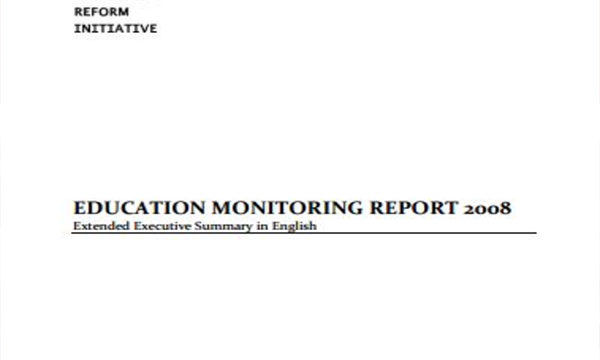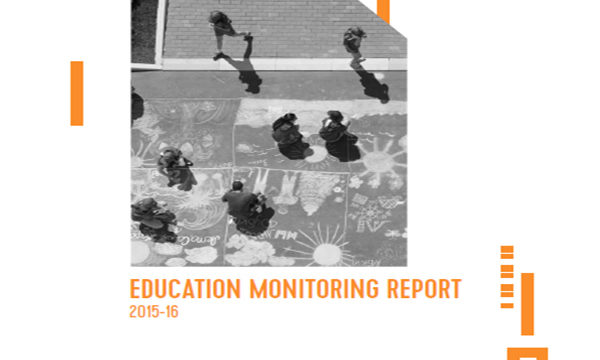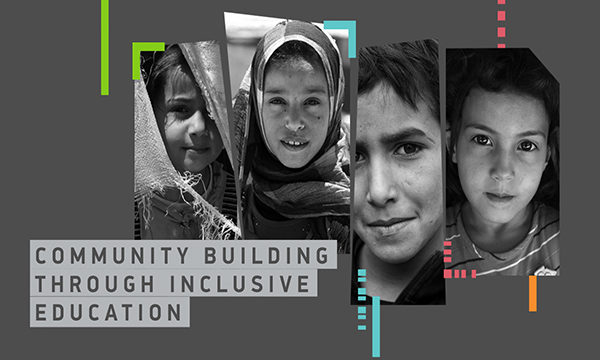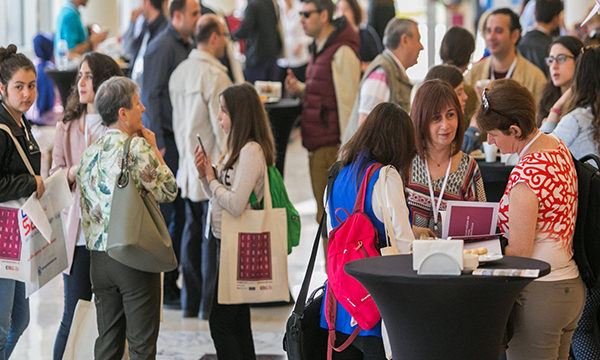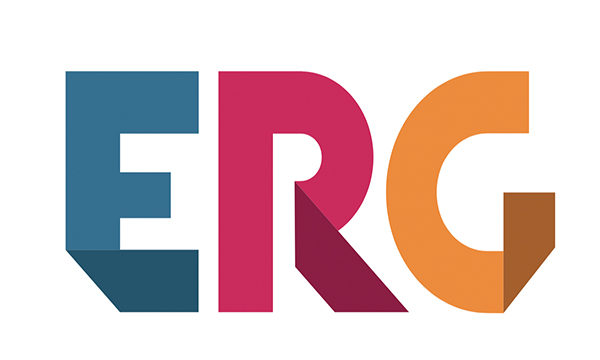Today’s Zaman, Nicole Pope
Close to 18 million children are returning to school after what has been an unusually long summer break. As if the three months initially scheduled were not sufficient, the authorities decided to add an extra two weeks of vacation in a move apparently designed to support the struggling tourism industry.
Why hoteliers should have priority over children’s educational needs is hard to understand. Many urban parents have complained that keeping their offspring occupied during the summer was a struggle. More frequent breaks during the academic year might ease the pressure on children, who face long semesters.
The Education Reform Initiative (ERI) of Sabanci University, which has been studying Turkey’s education system closely since 2008, recently released its annual assessment of the last academic year. The general tone of the document, which could be described as Turkey’s school report, is “could do much better.”
In terms of numbers, there are significant improvements. The gender gap, still evident a few years ago, has all but disappeared and the vast majority of Turkish children now have access to primary and secondary education.
Turkey has also succeeded in shrinking class sizes. In primary school, classrooms contained an average of 27 students in the 2014-2015 academic year. In the Southeast provinces and in İstanbul, classes remain more crowded with an average of 39, down from 37 and 35, respectively, in the previous year.
In some cases, this was sometimes achieved by creating new classrooms out of storage rooms or other unsuitable spaces after the authorities introduced the 4+4+4 reform or by introducing a two-shift system.
When it comes to quality, rather than quantity, the education dispensed across the country remains very uneven. Children from disadvantaged socioeconomic backgrounds end up in low-quality schools. Far from leveling the playing field and offering bright students a chance to move ahead in life, education appears to institutionalize social inequalities, the ERI report points out. Too few students with disabilities or special needs get the required support, especially at preschool and high school level.
Across state schools, too, the quality varies and the ERI report points to a visible shift toward private schools as parents with the means to offer their children a better chance in life lost faith in the state system. The number of students who pursued their high school education in private institutions rose 17 percent last year, while those enrolled in public high schools declined 9 percent. The gap between private and public was even more visible in vocational high schools, where 35 percent more students signed up to private institutions.
Although enrollment is now almost universal, 2012 data indicates that 2.9 percent of 6-17-year-olds, or approximately 450,000 students, attempt to hold a paid job while they’re studying and half of the children in this age group have household responsibilities. Children who are seasonal agricultural workers often drop out before finishing school or they don’t attend class regularly.
In spite of the European Court of Human Rights (ECtHR) upholding a 2007 ruling against Turkey for imposing religion classes based on a Sunni understanding of Islam to all but Jewish and Christian children, religion continues to figure prominently in the school system, as evidenced by the 80 percent increase in the number of candidates sitting the exam to teach this discipline.
Imam hatip institutions offering more religious education increased 19 percent over the previous year, while the total number of students enrolled in these schools rose 15 percent. Enrolment in vocational high school also rose 11 percent.
The performance of Turkish students in Programme for International Student Assessment. (PISA) scores has been improving, but Turkey still faces a significant shortage of qualified teachers in specific fields such as maths and sciences. An education system can only be as good as the teachers it employs and ERI urges the authorities to focus on better training and hiring policies.

